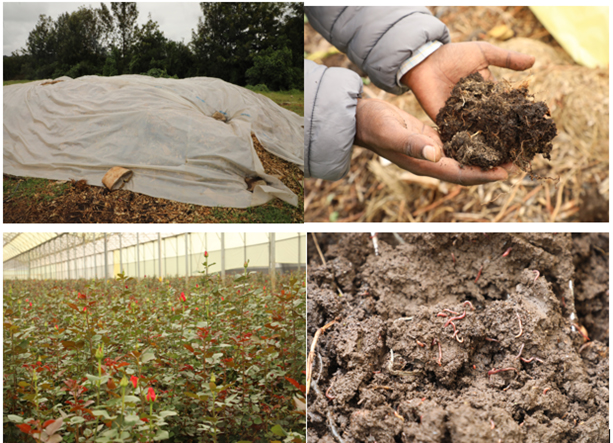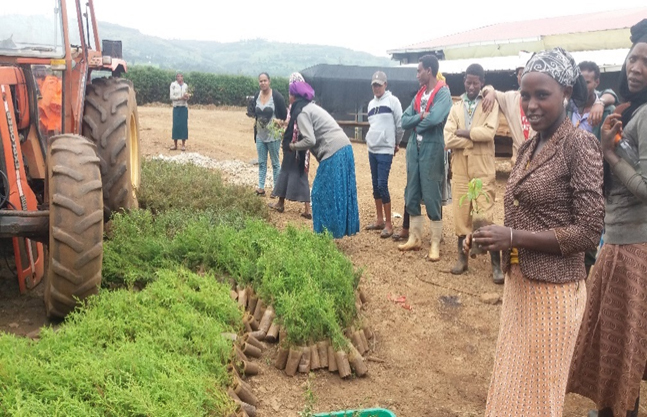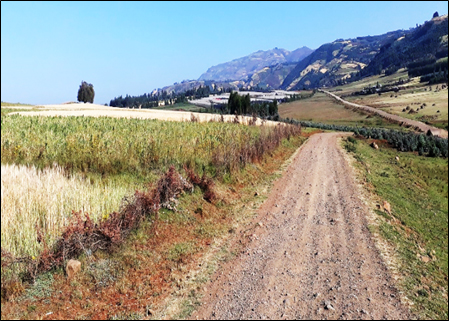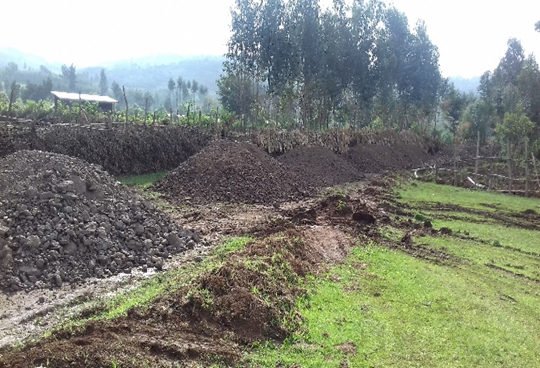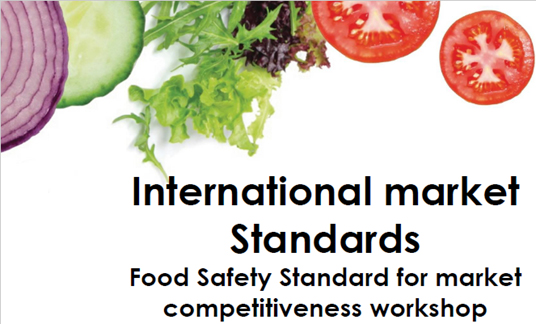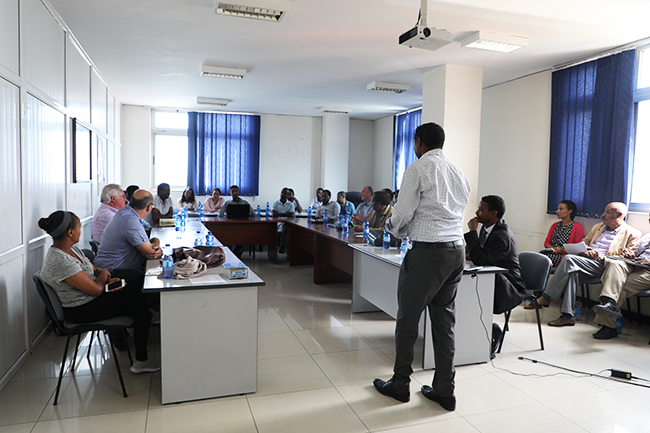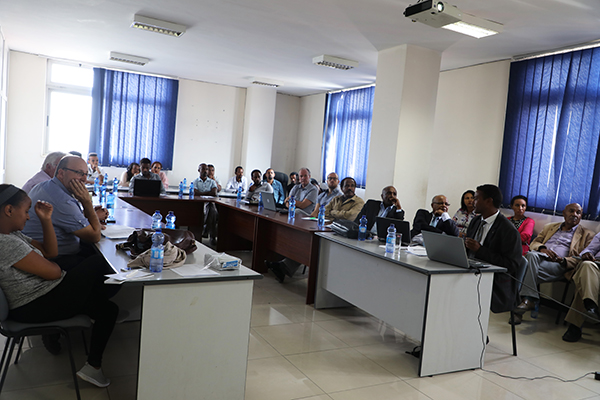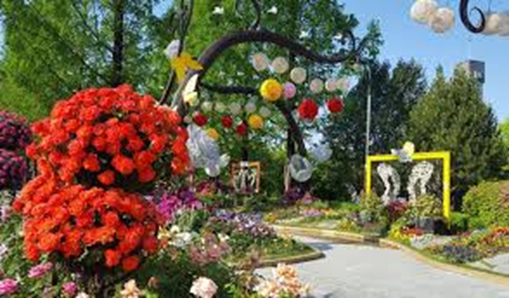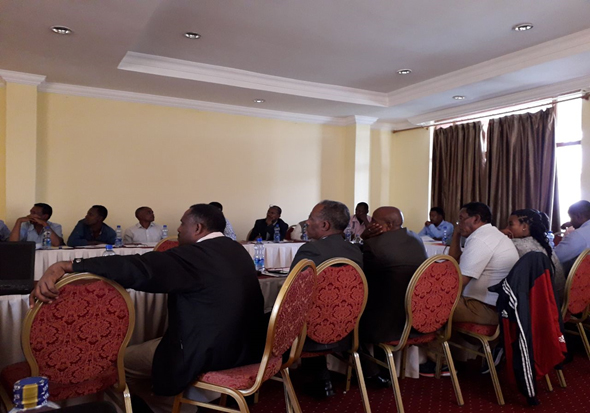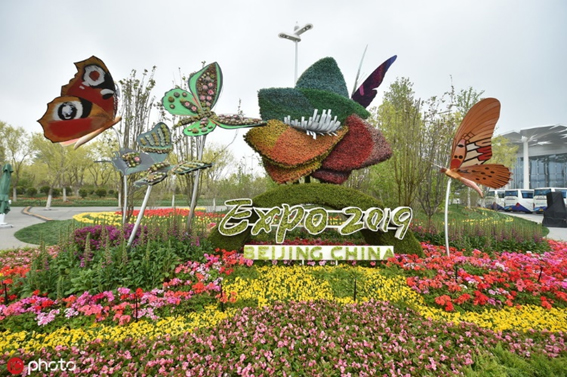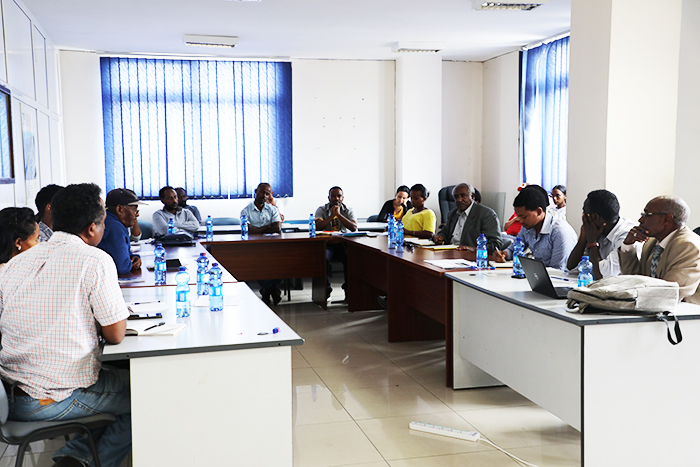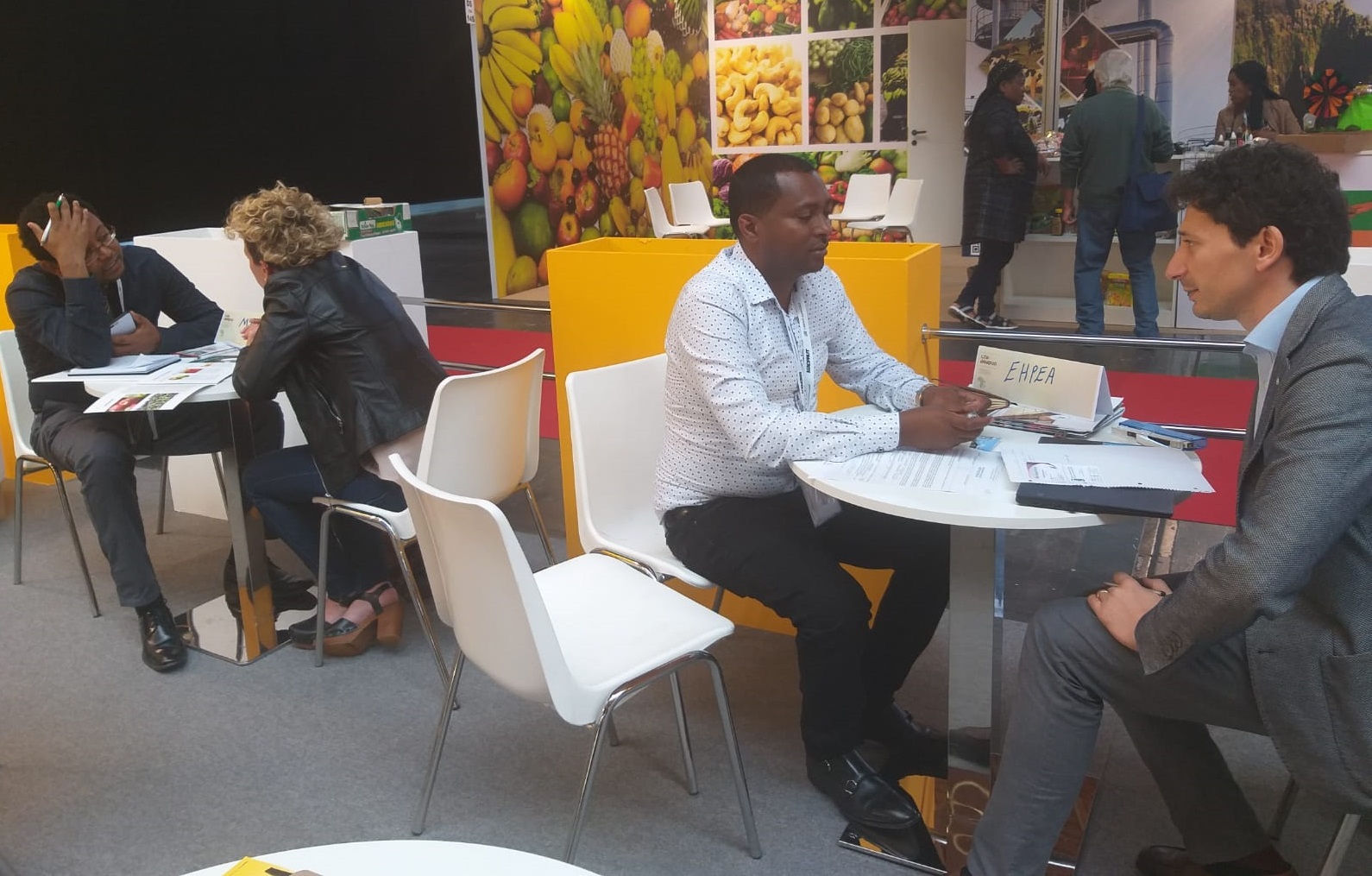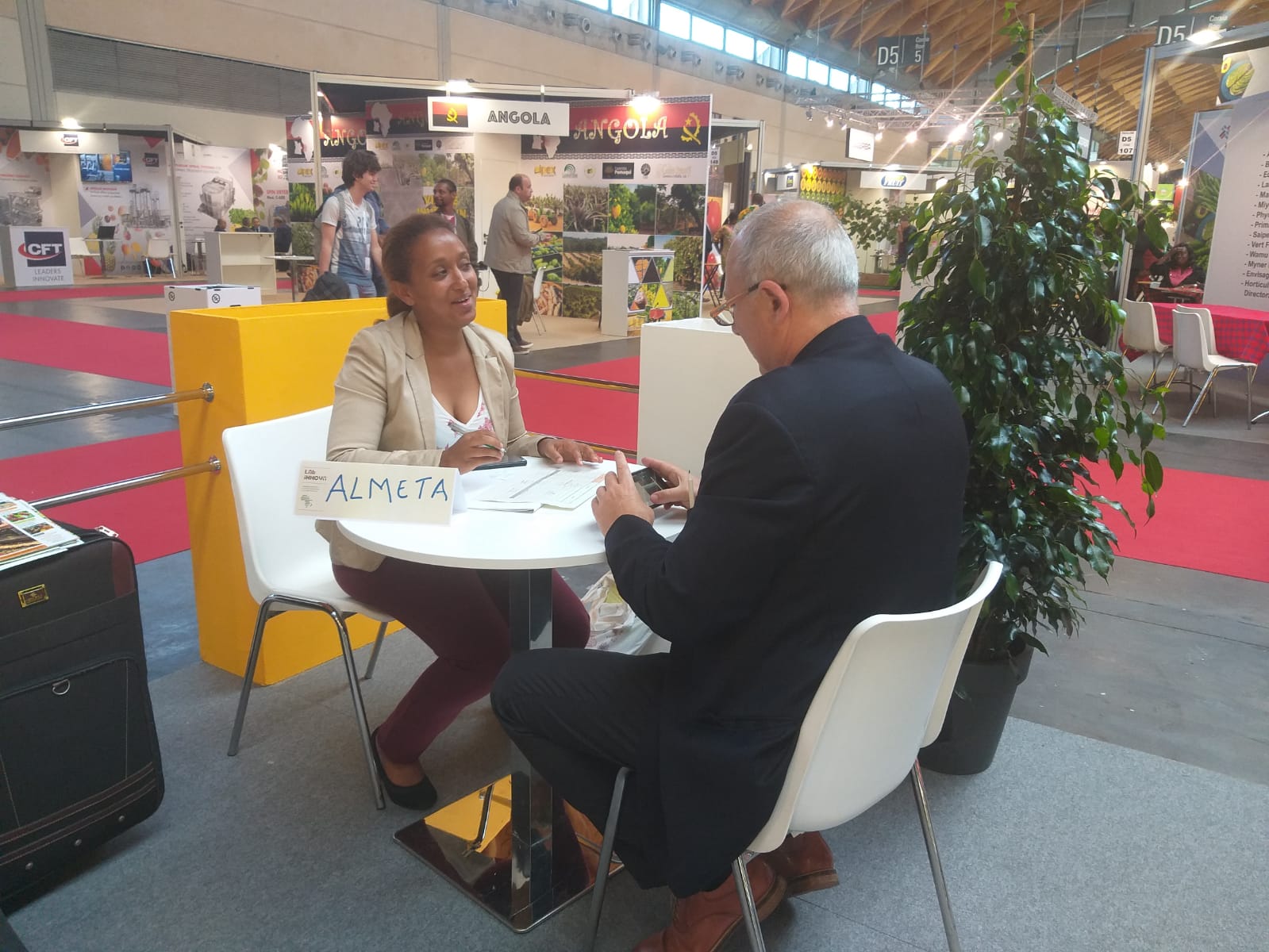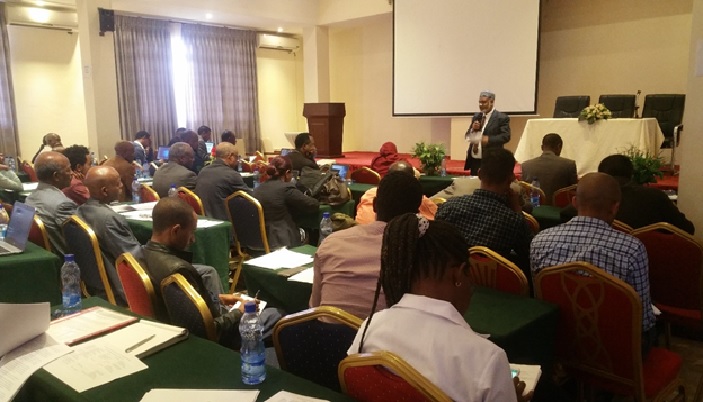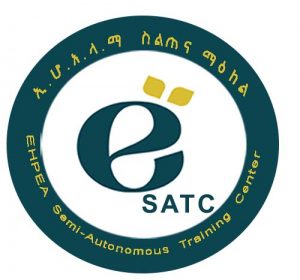Ethio Agri-ceft/Agri Flower Holeta is one of the pioneers of horticulture investments in the country. It is well-known for its diverse rose varieties and a good track record of engaging in local communities developmental activities.
One of the strengths of the company lies in its efficient use of Compost—a decayed organic material used as a fertilizer for growing flowers. The company produces compost on its own in two methods known as conventional and vermi. In the conventional way the company’s trained workers produce compost by mixing greenhouse waste and molasses whereas in the latter method the company uses red worms bought from nearby research center to make organic soil from a blend of fruits.
Most of the inputs used in compost preparation are greenhouse waste and byproduct. Depending on local analysis compost is added to flowers in 3-6 months interval while fertilizer is applied every day. The company has three sites for compost preparation and it takes 6-8 weeks to get a fully decomposed organic material.
Compost is benefitting the farm in replenishing and enhancing soil fertility, increasing soil microbes and maintaining soil moisture. It is serving the purpose of reconditioning the soil continuously thereby protecting soil from depletion.

According to Farm Manager Leul Debas the company grows variety of roses such as Burgundy, Mario, Josie, Upper class, Bell rose, Antenna, Confidential, Deep purple, Bissu, Spana, and Revival, among others.
“Since our farm is in highland we do not face much insects infestation. Thus, we do not rely on class I chemicals. Most pesticides we apply are meant to control only fungus as opposed to lowland area where there is high infestation of insects.”
“We have got a lot of benefits since we started using compost. It enabled us to recycle waste product. We used to suffer from disposal of waste here and there. We started compost preparation to clean environment but eventually found it to be very crucial for fertilizer consumption, soil fertility and environment cleaning. On the whole, it enhances water holding capacity of soil and minimizes expense on fertilizer.”
At present the company is replacing old varieties of flowers which had been grown for over 7/8 years in the farm. It is also undertaking experimentation on various flowers in accordance with stakeholders and clients recommendations.
Ethio-Agri-ceft/ Agri Flower Holeta has fully utilized the land designated for it from the Holeta City Administration. It is cultivating some useful spices and herbs and nurturing bee farm on pieces of land not covered with greenhouse in the farm.

